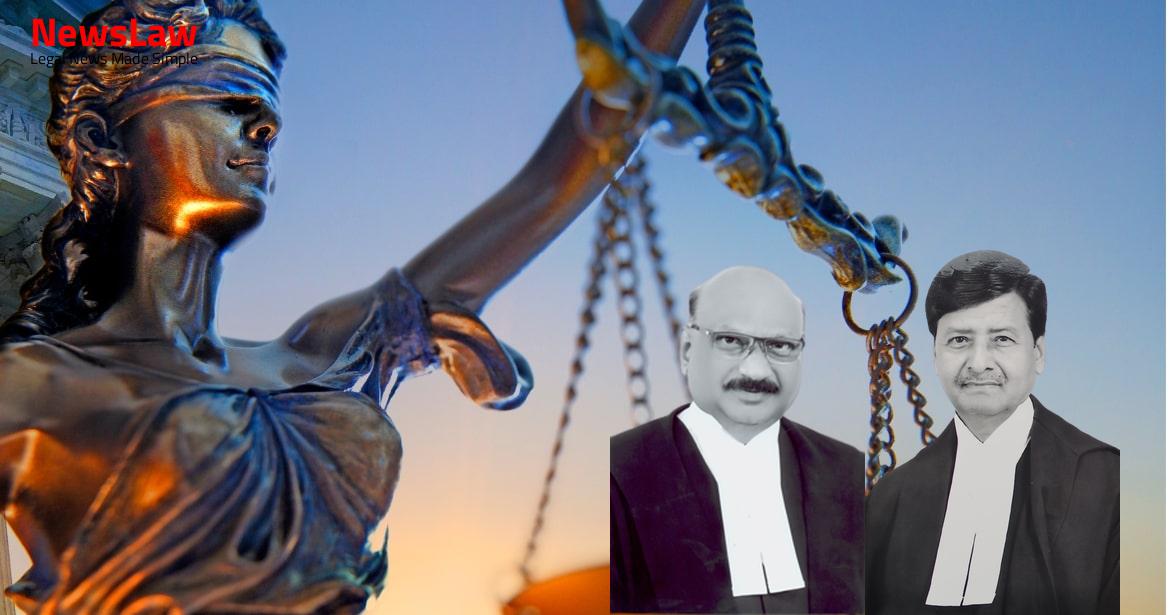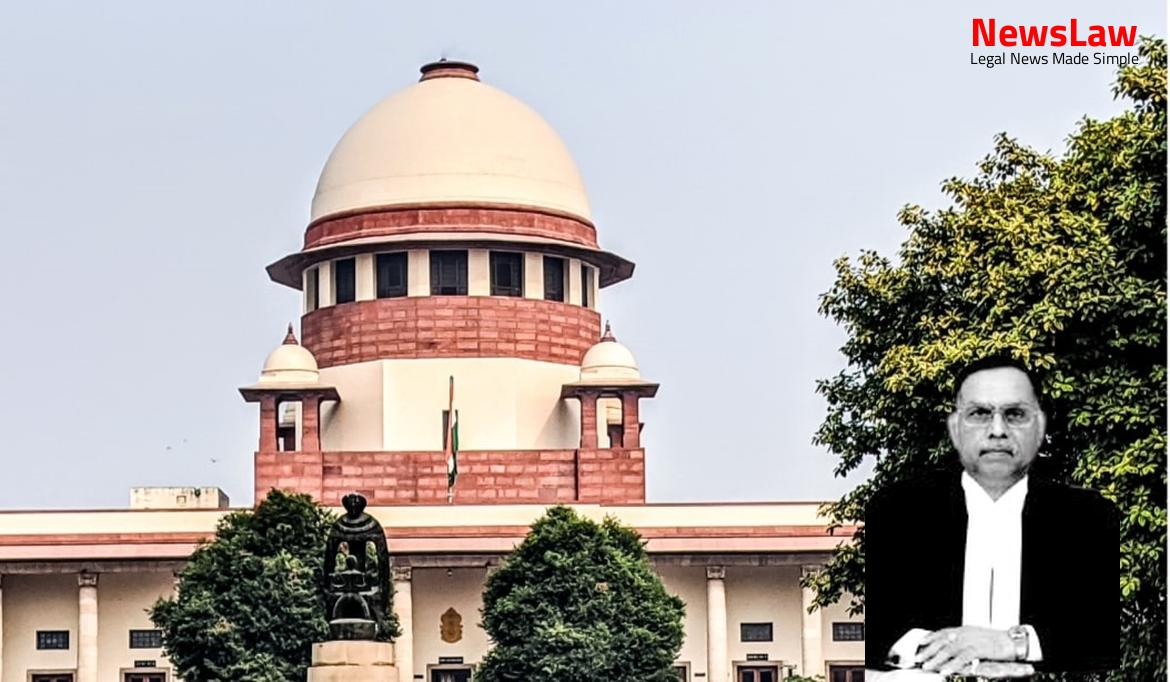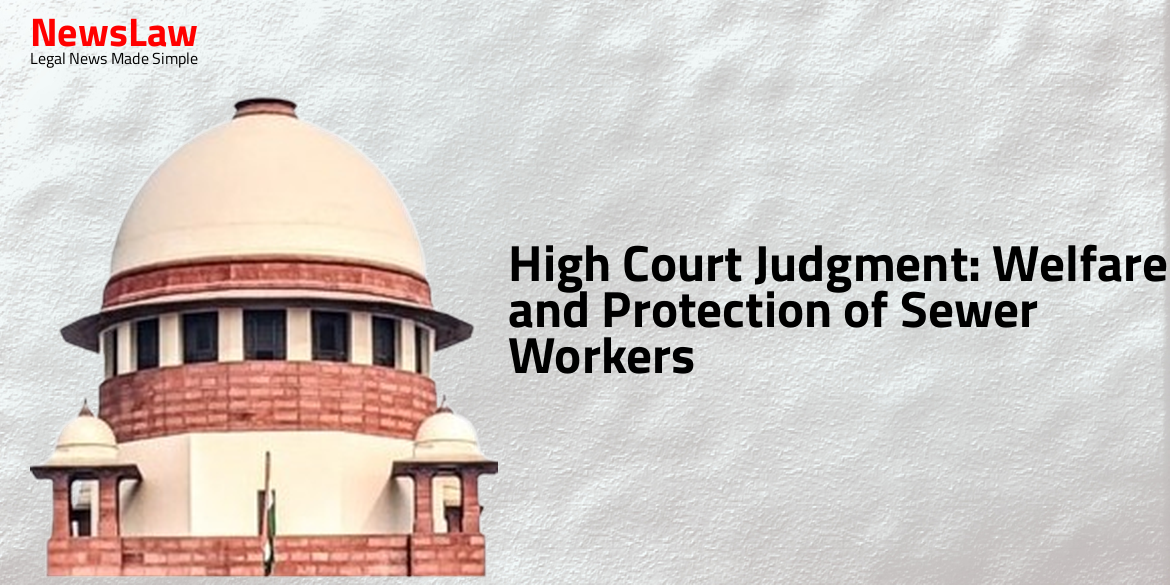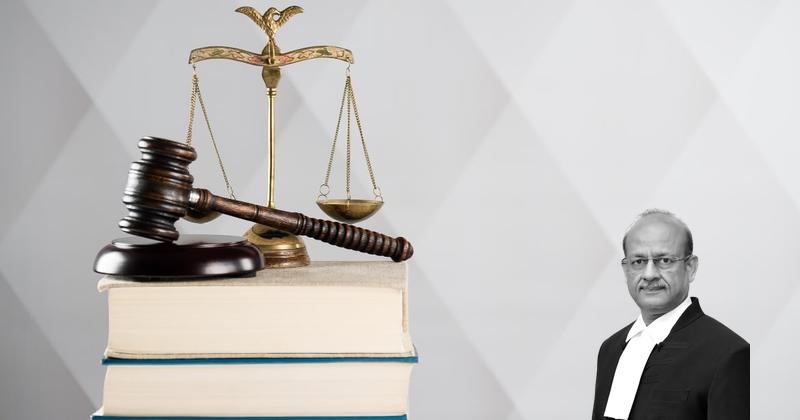In a recent judgment by the Supreme Court of India, the dismissal of a CISF Constable was upheld in disciplinary proceedings. The constable, Sashi Bhushan Prasad, faced charges of gross misconduct and serious breach of discipline for handing over an unlicensed firearm to another constable without disclosing its involvement in a murder case. The court highlighted the importance of maintaining discipline in public service through departmental inquiries. #SupremeCourt #LegalJudgement #CISFConstable #DisciplinaryProceedings
Facts
- Appellant, a CISF Constable, faced criminal case under Arms Act and disciplinary proceedings for misconduct.
- Inquiry Officer found appellant guilty after following due process.
- Disciplinary Authority upheld guilt and imposed penalty of dismissal.
- Appellant acquitted in criminal case based on same facts and evidence.
- Appellant challenged dismissal in departmental appeal, which was rejected.
- Appellate and Revisional Authorities also upheld dismissal.
- Writ Petition filed in High Court under Articles 226 and 227 of the Constitution of India.
Also Read: Judgment: Dispute Resolution in Infrastructure Contracts
Issue
- Constable Sashi Bhushan Prasad was charged with gross misconduct and serious breach of discipline.
- He handed over an unlicensed firearm with ammunitions to Constable S.P. Patel, concealing the fact that it was used in a murder case on the same day.
- The incident took place on 19th November 1992 in the evening.
- The charge against Constable Sashi Bhushan Prasad pertained to the inappropriate transfer of the unlicensed firearm.
Also Read: Restitution Order in the Case of Temple Management: High Court vs. State
Analysis
- The rules of evidence and procedure in departmental proceedings are different from criminal trials.
- Acquittal in a judicial proceeding does not automatically absolve the delinquent from disciplinary liability.
- The burden of proof in a criminal trial is ‘beyond reasonable doubt’, while in departmental proceedings, it is based on ‘preponderance of probability’.
- The charge in a criminal case and a departmental inquiry can be based on different sets of facts and evidence.
- The purpose of a criminal trial is to punish the offender, while the purpose of a departmental inquiry is to deal with misconduct in employment.
- The degree of proof required for a conviction in a criminal trial is different from the proof needed for a disciplinary action.
- Departmental proceedings are to be conducted expeditiously to ensure efficiency in public administration.
- The criminal trial continues regardless of the outcome of the departmental inquiry.
- In a criminal trial, incriminating statement made by the accused in certain circumstances or before certain officers is totally inadmissible in evidence.
- Acquittal by a criminal court does not preclude an employer from taking action in accordance with the Rules and Regulations in force.
- Departmental proceedings and proceedings in a criminal case can proceed simultaneously as there is no bar in their being conducted simultaneously, though separately.
- If the departmental proceedings and the criminal case are based on identical and similar set of facts and the charge in the criminal case against the delinquent employee is of a grave nature which involves complicated questions of law and fact, it would be desirable to stay the departmental proceedings till the conclusion of the criminal case.
- Whether the nature of a charge in a criminal case is grave and whether complicated questions of fact and law are involved in that case, will depend upon the nature of offence and the evidence collected against the accused.
- The departmental proceedings cannot be unduly delayed and should be conducted with due regard to the pending criminal case.
- Each case requires to be considered in the backdrop of its own facts and circumstances.
- The purpose of departmental enquiry and prosecution are two different and distinct aspects.
- Departmental enquiry is to maintain discipline in the service and efficiency of public service.
- Judgment in G.M. Tank case not applicable because charges in criminal case and departmental enquiry were on different sets of facts and evidence.
- Aquittal in criminal trial does not absolve liability in disciplinary proceedings if charges are not interlinked.
- No violation of procedure or natural justice principles reported by the appellant.
- Courts cannot interfere in disciplinary proceedings under limited scope of review.
Decision
- The appeal has been deemed without substance
- The appeal has been dismissed accordingly
- Any pending application(s) have been disposed of
- No costs are to be awarded
Case Title: SHASHI BHUSAN PRASAD Vs. INSPECTOR GENERAL, CISF
Case Number: C.A. No.-007130-007130 / 2009



